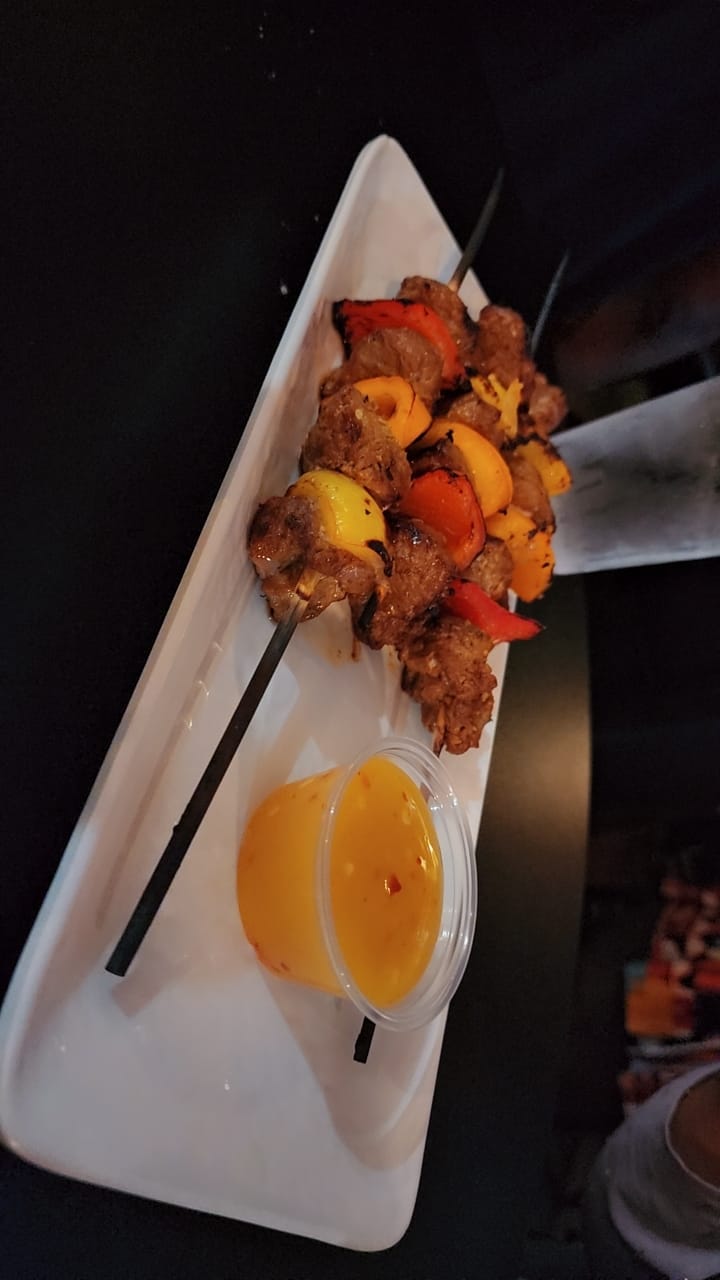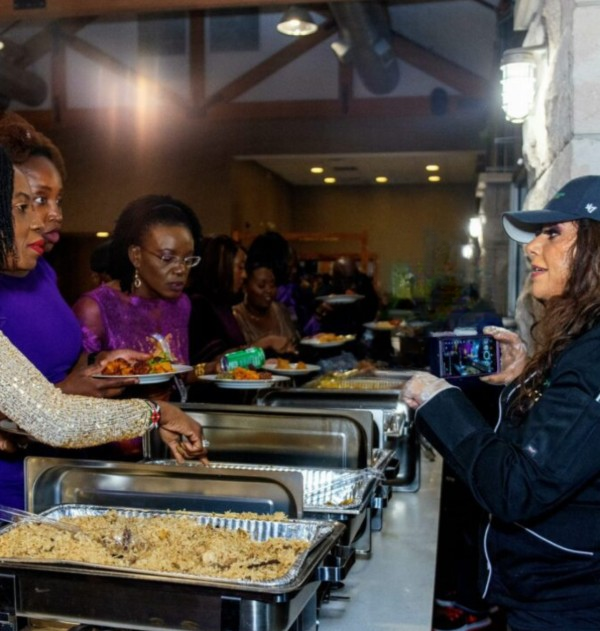About Mombasa Street Eats

Our Story
Discover the rich culinary heritage of Swahili cuisine at Mombasa Street Eats for the first time in Houston, Texas.
The inspiration behind Mombasa Street Eats stems from my late mother's passion for diverse culinary traditions.
We specialize in serving a unique fusion of Indian, Mediterranean, and African flavors, combined with Persian cooking methods.
Our cuisine name reflects our Kenyan roots, and we aim to provide an outstanding dining experience. We offer catering services for weddings, corporate events, and social gatherings, featuring an array of authentic Swahili dishes. Our menu includes a wide range of appetizers, rice dishes, curries, and sides.
Experience the bold flavors of Swahili cuisine with us

ZAYN KHALFAN
FOUNDER | EXECUTIVE CHEF
What Is Swahili?
The Swahili coast is renowned for its culinary delights, which showcase a rich blend of flavors and cultural nuances. Typically, the term ‘Swahili’ denotes the language and culture of south-eastern Africa, encompassing Kenya, Tanzania, Rwanda, and parts of South Africa. By the 11th century AD, the distinct Swahili culture had emerged, accompanied by the spread of Islam. The Swahili people are Muslims, and their faith permeates every aspect of their culture, including architecture, attire, music, art, and cuisine.
The Swahili Cuisine!
The Swahili people, literally ‘people of the coast,’ demonstrate a rich tapestry of cultural influences in their culinary traditions. The intersection of diverse cultures ” Portuguese & Arab ” has profoundly impacted the development of Swahili cuisine, yielding a distinctive fusion of flavors. Characteristic protein sources include fish, chicken, and goat, paired with staple vegetables and rice, a versatile ingredient utilized in both savory and sweet preparations. ‘Wali Wa Nazi,’ a quintessential Swahili dish, consists of rice cooked in coconut milk. Furthermore, cooked dough, often combining potatoes, manioc, and plantains, plays a significant role. Indigenous spices, such as pepper, ginger, and lemon grass, contribute to the unique flavor profile. Marinades typically feature garlic, ginger, turmeric, onion, and black pepper, resulting in dishes that are both savory and aromatic. Given the predominantly Islamic demographic, pork and alcohol are not consumed. Swahili cuisine is distinguished by its slow-cooked meals and liberal use of curries, setting it apart from other culinary traditions.

